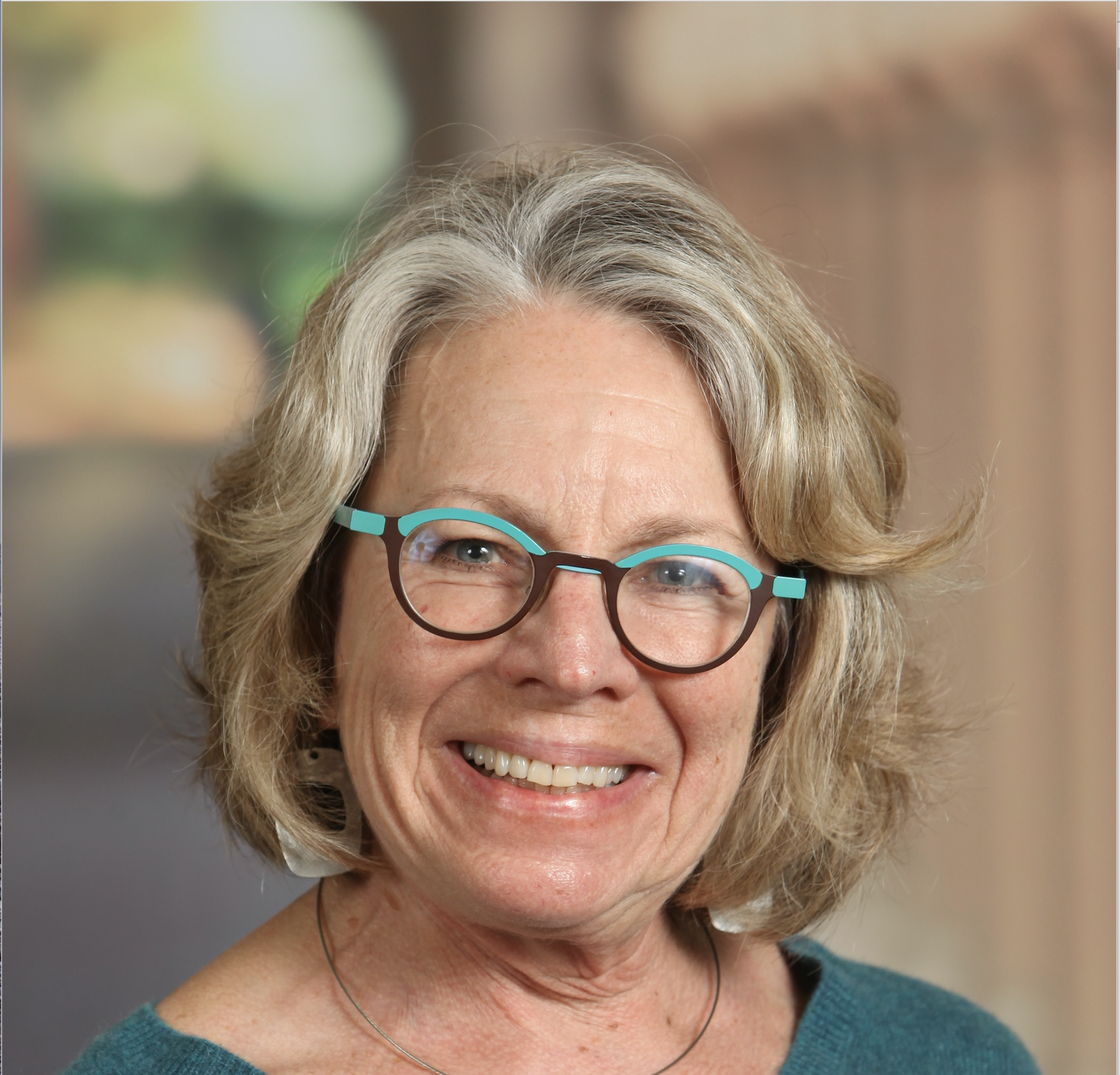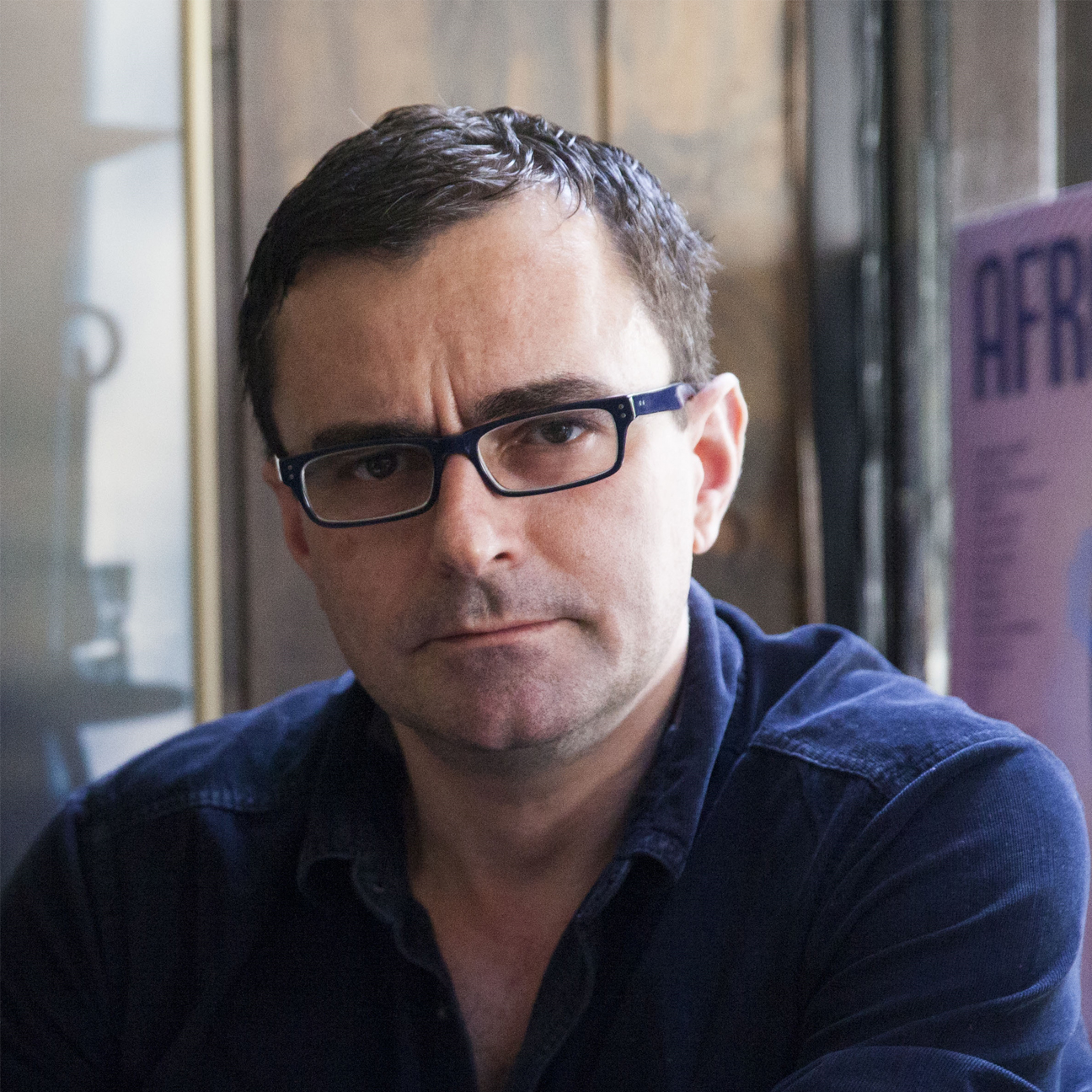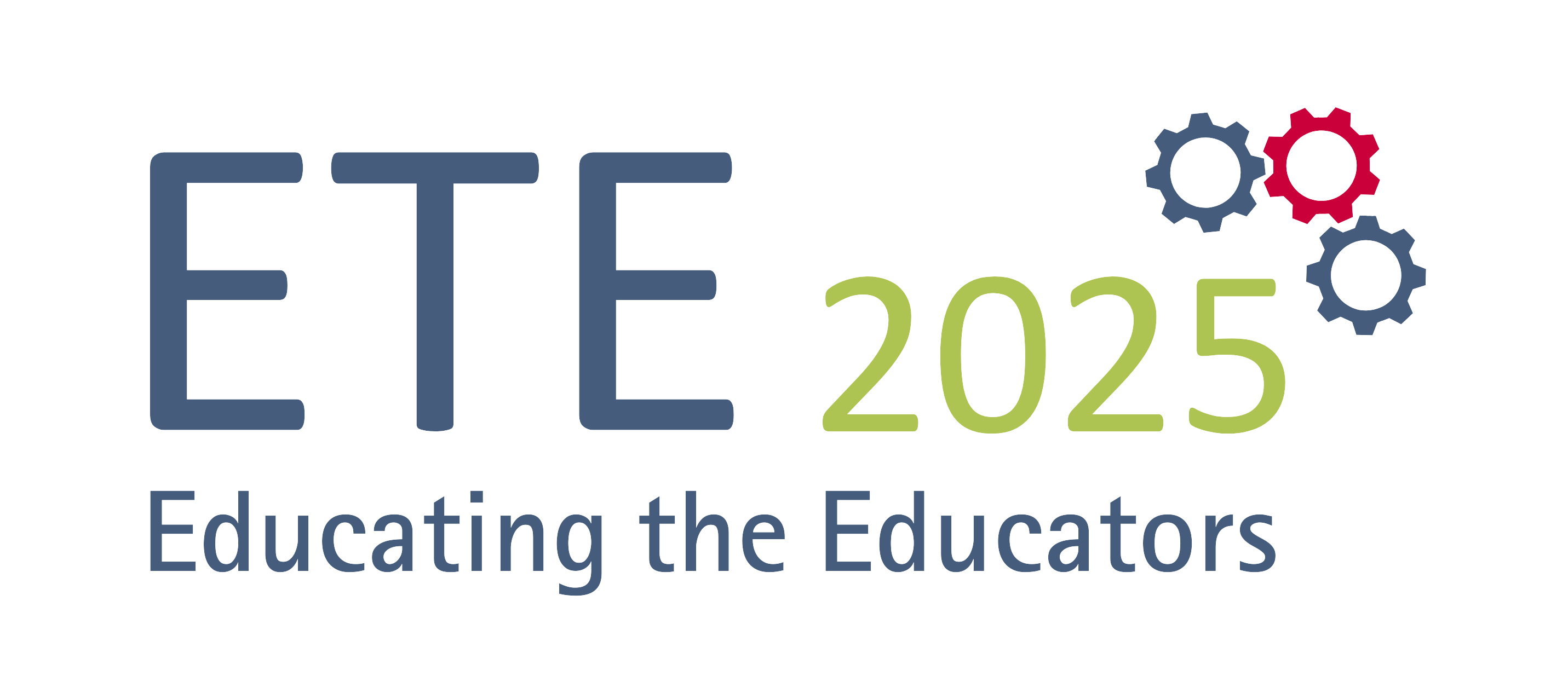Plenary Talks
We are honored to host an exceptional lineup of keynote speakers who are pioneers in their fields:

Jonathan Osborne
Kamalachari Professor of Science, em.
Scientific Literacy in the 21st Century
Developing the capabilities to evaluate scientific information is a key goal of scientific literacy. Moreover, the ability to “research, evaluate and use scientific information for decision making and action” is one of three core competencies to be measured in the 2025 PISA test. Likewise, “obtaining, evaluating and communicating information” is one of the eight scientific practices of the innovative Next Generation Science Standards (NGSS).
Today, we are living in an Age of Misinformation. Yet most science standards were developed over a decade ago before misinformation became so pervasive. Even if scientific literacy is a prominent feature, none of the existing standards were developed to address this threat and develop the knowledge and abilities required to evaluate scientific information. Given that much of the misinformation is scientific, how should this be addressed in school science?
This talk will argue that an essential distinction is between evaluating the source and evaluating the content. School science too often sustains the myth that students can undertake the task of evaluating the content, which only expert scientists can do, and fails to explore what it means to evaluate the source. What then is the basic knowledge and competency required to evaluate sources of scientific information? This talk will explore what this focus implies for science standards and what should be essential components of any school science education.

Hilda Borko
Professor of Education, Center to Support Excellence in Teaching, Stanford University
The Learning to Facilitate Framework:
Preparing and Supporting Professional Development Leaders: The Learning to Facilitate Framework and Problem-Solving Cycle PD Model
In recent years, there has been a growing demand for professional development opportunities for teachers. To meet this demand, the education community must have access to professional development programs that are scalable and sustainable, and to large numbers of effective PD leaders.
This lecture addresses these issues. I first present the Learning to Facilitate Framework – a model for the preparation and support of PD facilitators that was developed by a team of scholars from Germany, Israel and the United States. The LTFF highlights four pedagogies of facilitator preparation programs: selecting a central task of facilitating professional development, representing the practices that comprise the task, approximating these practices, and unpacking the representation and approximation.
To illustrate this framework, I analyze a facilitator preparation session from my program of research on the Problem-Solving Cycle model of professional development that focuses on the central PD task of leading video-based discussions. I then suggest possible uses of the Problem-Solving Cycle and Learning to Facilitate Framework to design and research facilitator professional development, including strategies for addressing diversity and equity in mathematics classrooms.

Anastasios Hovardas
Research in Science and Technology Education Group, University of Cyprus
Using learning products to align pedagogical design, implementation, and assessment in STE(A)M
There are several challenges in teacher training and professional development, which cannot be effectively addressed with existing practices and solutions. These include: (1) a shift of emphasis from content to skills, which does not mean to undervalue content, but, on the contrary, elevates its critical elaboration to a most demanding task for both instructors and learners; (2) integrated STEM learning and instruction, where learning paths need to involve multiple STEM subjects as well as subjects from arts, social sciences, and humanities (STE(A)M); (3) the proliferation of open-ended learning environments, which are characterized by considerable uncertainty and contingency. The above challenges cannot be confronted with instructional approaches which are based on linearity in pedagogical design and implementation, assessment tools, which are external to learning activity sequences, and educational leadership, which remains centralized and hierarchical.
In this talk, we will have the opportunity to discuss how to align pedagogical design, implementation, and assessment in STE(A)M building on learning products, namely, tangible deliverables of learners created during learning activities. We will go through selected examples of this approach to showcase the potential of pedagogical design in Inquiry Learning Spaces and how to structure a participatory design process with stakeholder input in open schooling projects. We will detail a coding process to assess the quality of learning products and how we may take advantage of this diagnosis for enacting peer assessment and formative assessment. We will conclude with the implications of our approach for open-ended learning settings in educational robotics and Makerspaces and for planning a STE(A)M European Roadmap and Competence Framework, which would be analogous to other competence frameworks developed lately like the DigCompEdu, GreenComp, and EntreComp.
